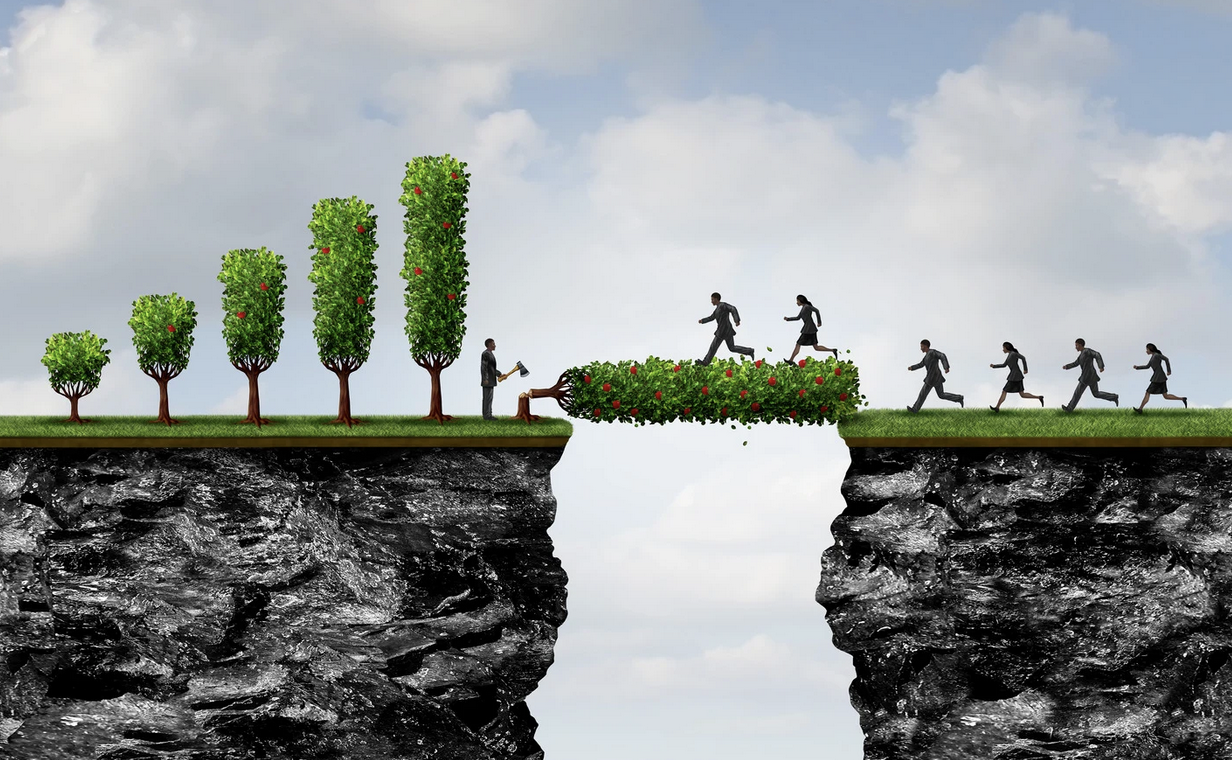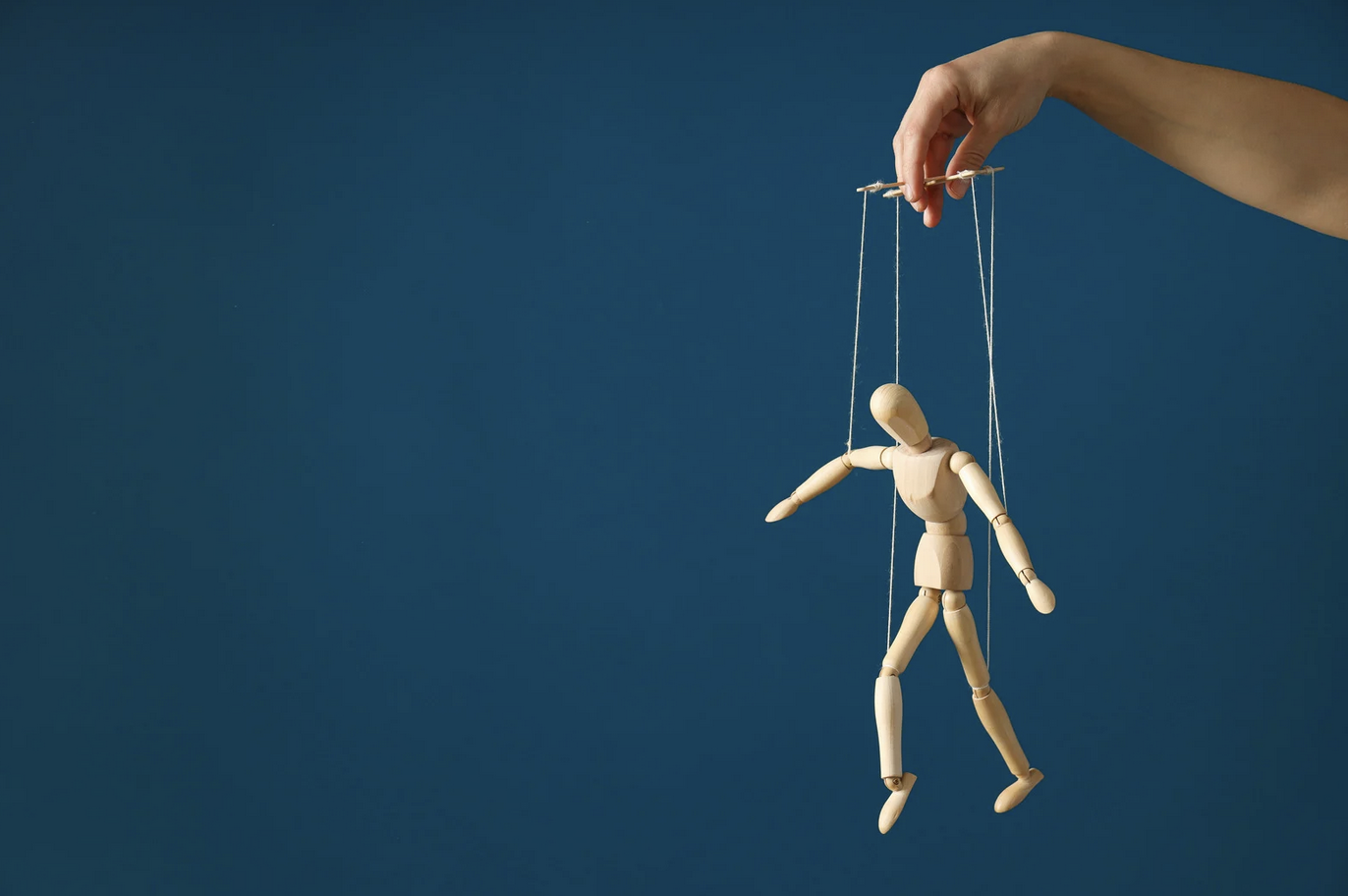In the realm of spirituality, there exists a misconception surrounding the perception of negative emotions. Here at CETfreedom we always like to take a deeper perspective.
Many spiritual individuals tend to view all negative emotions as inherently bad, which overlooks the multifaceted nature of these experiences.
Here at CETfreedom we understand the complexity of negative emotions through the work we do with raising consciousness and CET, so I wanted to shed light on the origins of negative emotions and challenge the misguided notion that they solely arise from past emotional trauma.
By exploring the two possible sources of negative emotions, we can gain a deeper understanding of their significance in our lives and how to navigate them with authenticity.
The Dual Origins of Negative Emotions
Negative emotions can stem from two distinct origins. The first source arises from present events, where we may encounter situations that violate our boundaries or treat us poorly. These emotions serve as powerful signals, urging us to take action and protect ourselves.
Emotions such as disappointment, frustration, anger, or sadness are natural responses to these occurrences and should be acknowledged as valid and normal reactions to life experiences.
The second source of negative emotions lies in past traumatic events. These deeply rooted emotional wounds require release, resolution, and healing. Fortunately, I developed CET, Conscious Emotional Transformation, to expedite this process, offering relief in a matter of hours, compared to traditional methods that may take years. It is crucial to prioritise our emotional well-being by addressing and clearing these traumas to foster personal growth and resilience.
The Abuse by Spiritual Gurus
Unfortunately, this misunderstanding of the dual origin of emotions can lead to abusive practices.
This occurs when the responsibility for feeling good is unjustly shifted onto the victim, absolving the perpetrator of their terrible behaviour. It is essential to recognise the manipulative nature of this approach and reject any attempts to gaslight individuals into thinking they are at fault for experiencing negative emotions caused by the actions of others.
Honouring Authentic Emotions
Understanding the origins of our emotions empowers us to honour our authentic experiences. If someone is behaving appallingly towards us, it is entirely acceptable to feel grumpy, angry, or frustrated. We must reclaim our agency and establish healthy boundaries by voicing our discomfort or even choosing to distance ourselves from negative influences.
Spiritual individuals should never invalidate or dismiss our emotions; instead they should support our journey towards emotional well-being and self-empowerment.
Conclusion: Emotions, both positive and negative, are complex aspects of our human experience. By acknowledging the dual origins of negative emotions, we can embrace a more nuanced perspective that allows us to navigate them with self-compassion and authenticity.
Rejecting the notion that negative emotions solely result from past traumas, we can differentiate between reasonable responses to present situations and unresolved emotional wounds. It is vital to resist any attempts to manipulate or gaslight us into believing that our negative emotions are our own fault. Instead, let us prioritise our emotional well-being, honour our authentic experiences, and cultivate a healthier and empowered spiritual journey.







